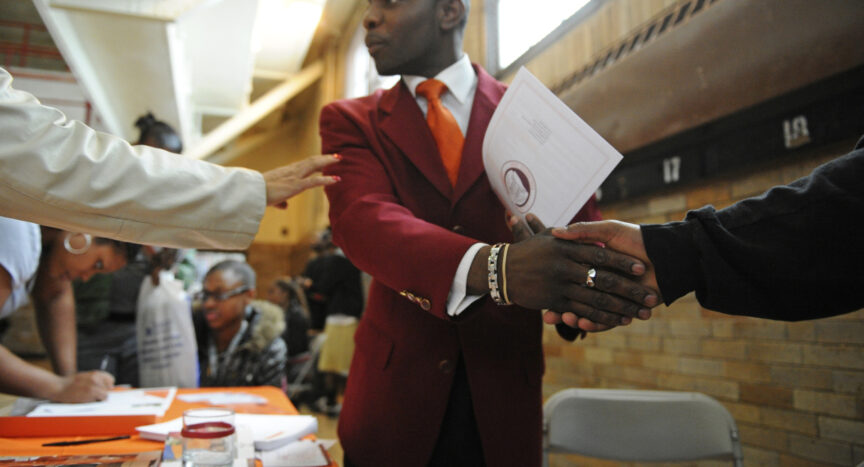The question, “Do we still need HBCUs?” can now be eternally put to rest.
United Negro College Fund (UNCF)‘s study, “Transforming Futures: The Economic Engine of HBCUs,” commissioned by UNCF’s Frederick D. Patterson Research Institute, drives the final nail in the coffin on that question.
Not only do we still need HBCUs, but the U.S. economy depends on the contributions of these historic institutions of higher learning. They continue punching above their weight while overcoming decades of systemic racism and gross underfunding.
As UNCF observes its 80th anniversary, one of the highlights of our yearlong celebration is the release of this phenomenal report, which was last issued in 2017.
Since the founding of UNCF on April 25, 1944, we have remained uncompromising in our mission to deliver the vital resources necessary for underrepresented students, many of whom come from low-income communities and are the first generation in their families, to attend and complete college.
We were founded through a groundbreaking public-private partnership led by visionary educator Dr. Frederick D. Patterson, former president of Tuskegee Institute, now known as Tuskegee University. This partnership also included legendary civil rights activist Dr. Mary McLeod Bethune, John D. Rockefeller Jr.—a long-time supporter of Black higher education—Winthrop W. Aldrich, chairman of the board of Chase National Bank (now Chase Manhattan Bank), and Walter Hoving, president of Lord & Taylor.
If our founders were alive today, they would be proud to know that we have raised more than $6 billion to help more than 500,000 students go to and through thousands of colleges and universities, including our nation’s 107 HBCUs.
Based on the findings of this report, our founders would also be pleased to learn that HBCUs are significantly contributing to the success of this nation’s economy and society overall. And they have done so through arguably the most turbulent times in this nation’s history.
Despite a deadly pandemic, social unrest caused by the murders of George Floyd and Breonna Taylor, and the economic uncertainties of the past seven years, HBCUs not only survived—they thrived.
As this important report reveals, the contributions of HBCUs have risen in all categories including overall economic impact, job creation and lifetime earnings of HBCU graduates.
The findings speak for themselves. The Frederick D. Patterson Research Institute, in collaboration with the University of Georgia, has validated the results.
HBCUs are pillars of strength. Their caring and nurturing environments are producing outstanding graduates and future generations of leadership in this country.
Let there be no mistake. HBCUs are still needed. They must be supported to deliver positive outcomes. They are critical and essential to the success of our nation and the world.
HBCUs forever!

Michael L. Lomax, Ph.D., serves as president and CEO of the United Negro College Fund (UNCF) and is a graduate of Morehouse College.
Since 2004, Lomax has served as president and chief executive officer of UNCF. Under his leadership, UNCF has raised more than $4 billion and helped more than 200,000 students earn college degrees and launch careers.





